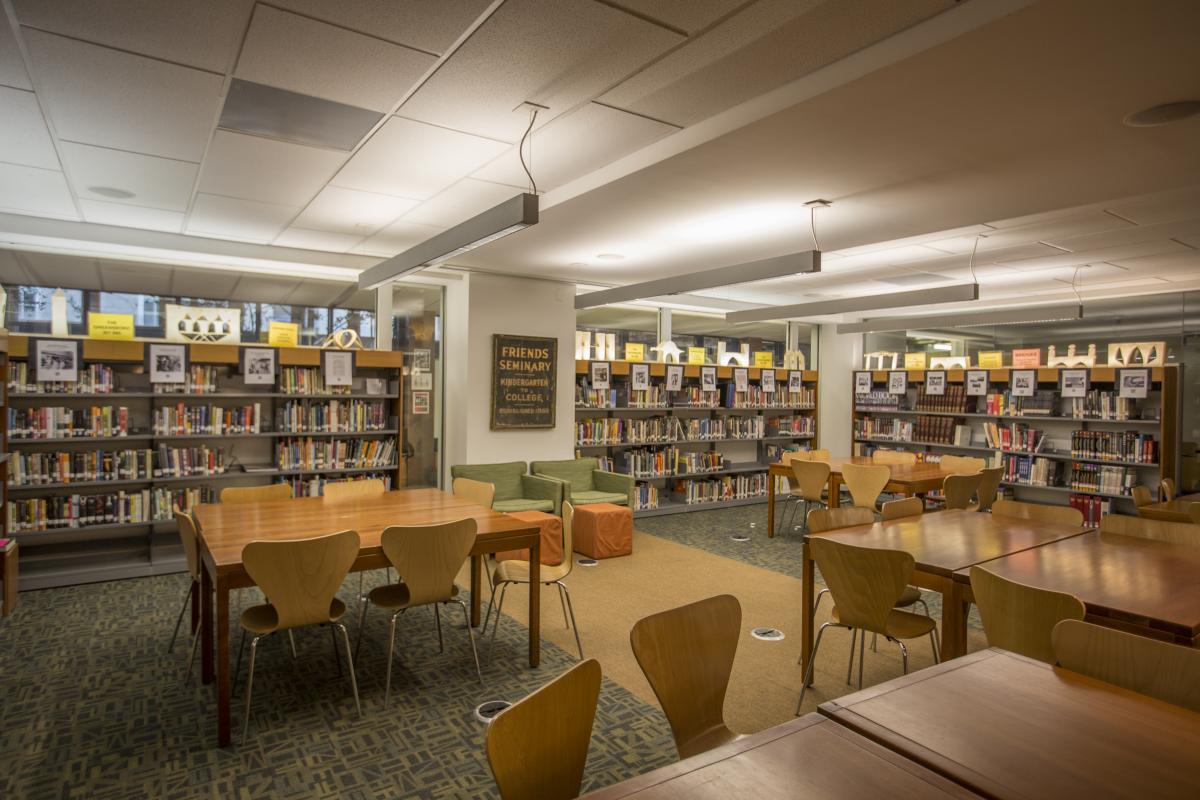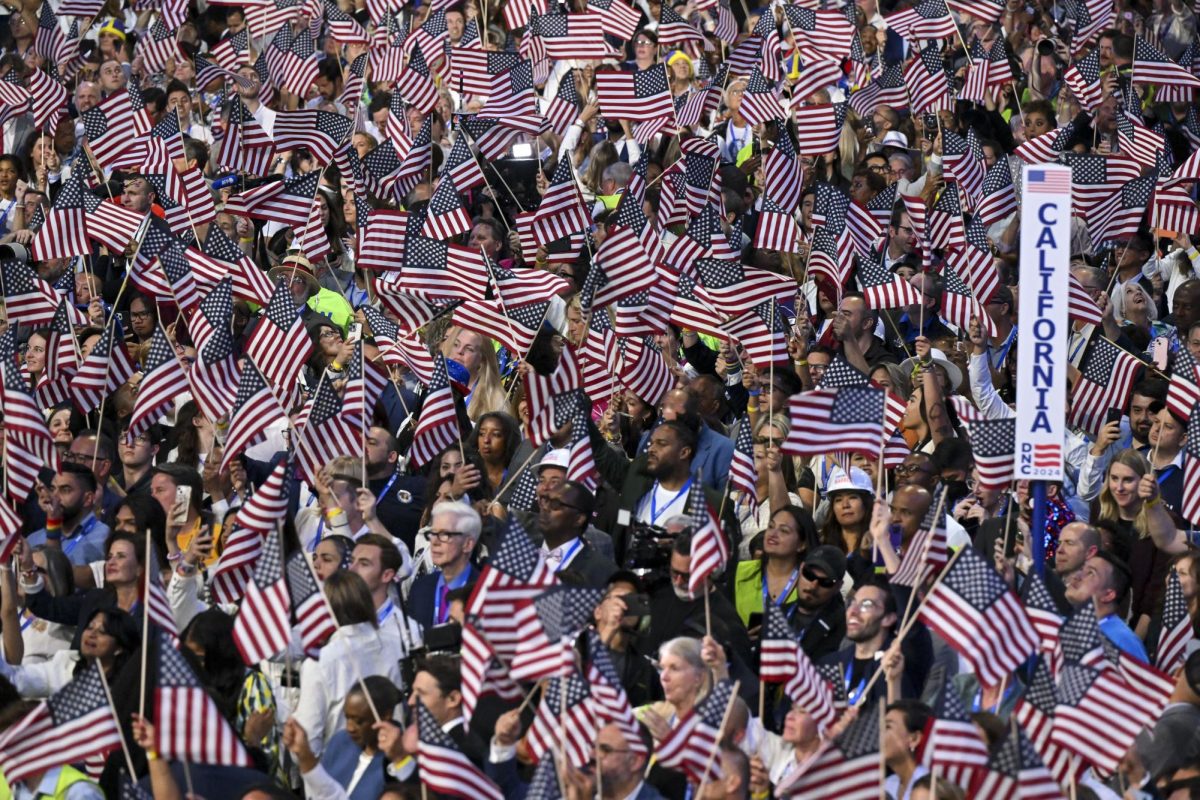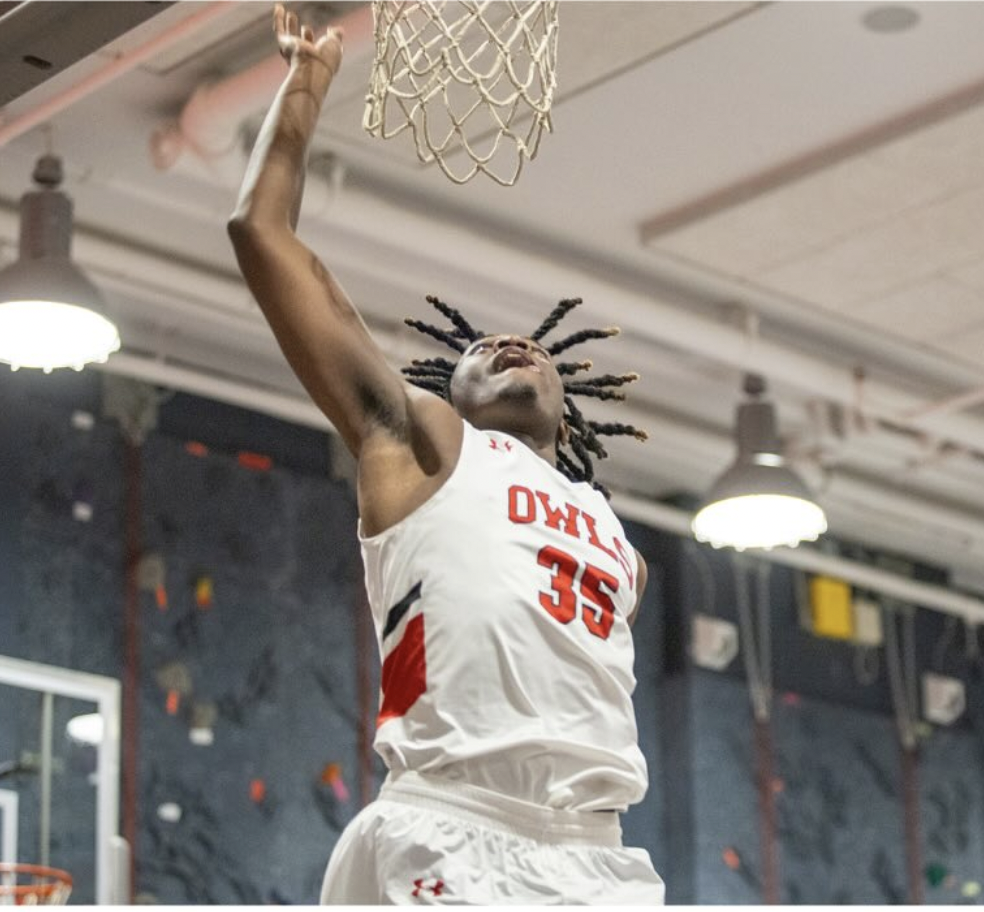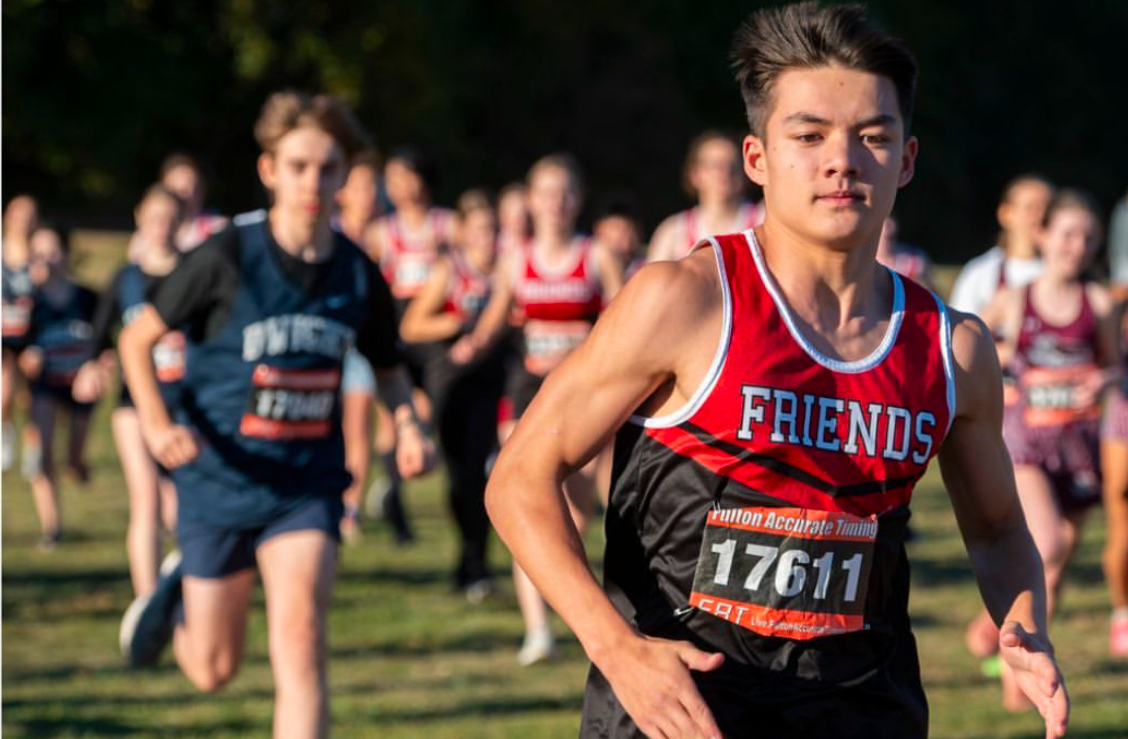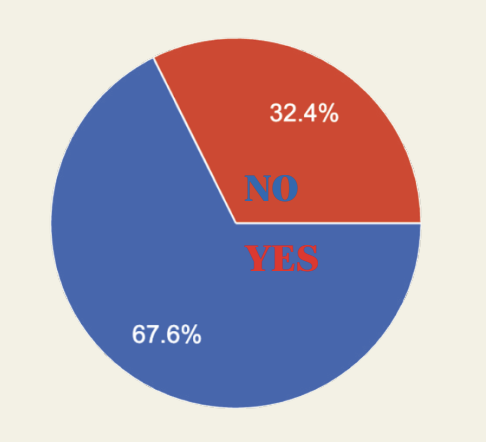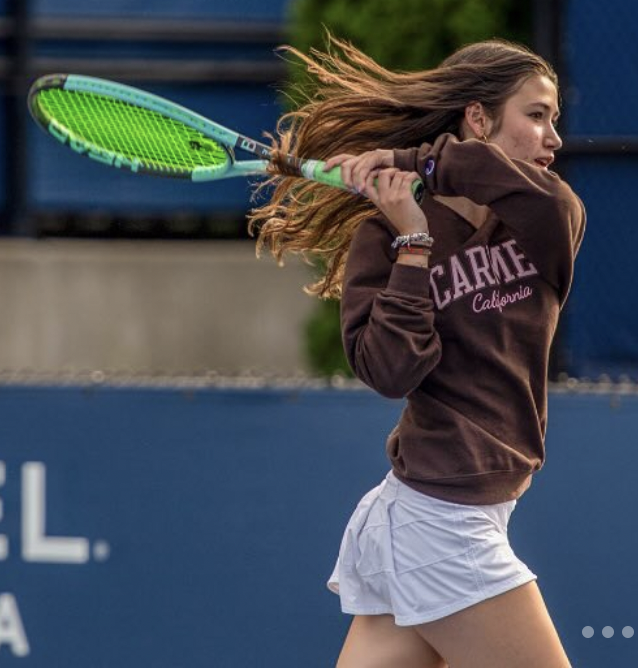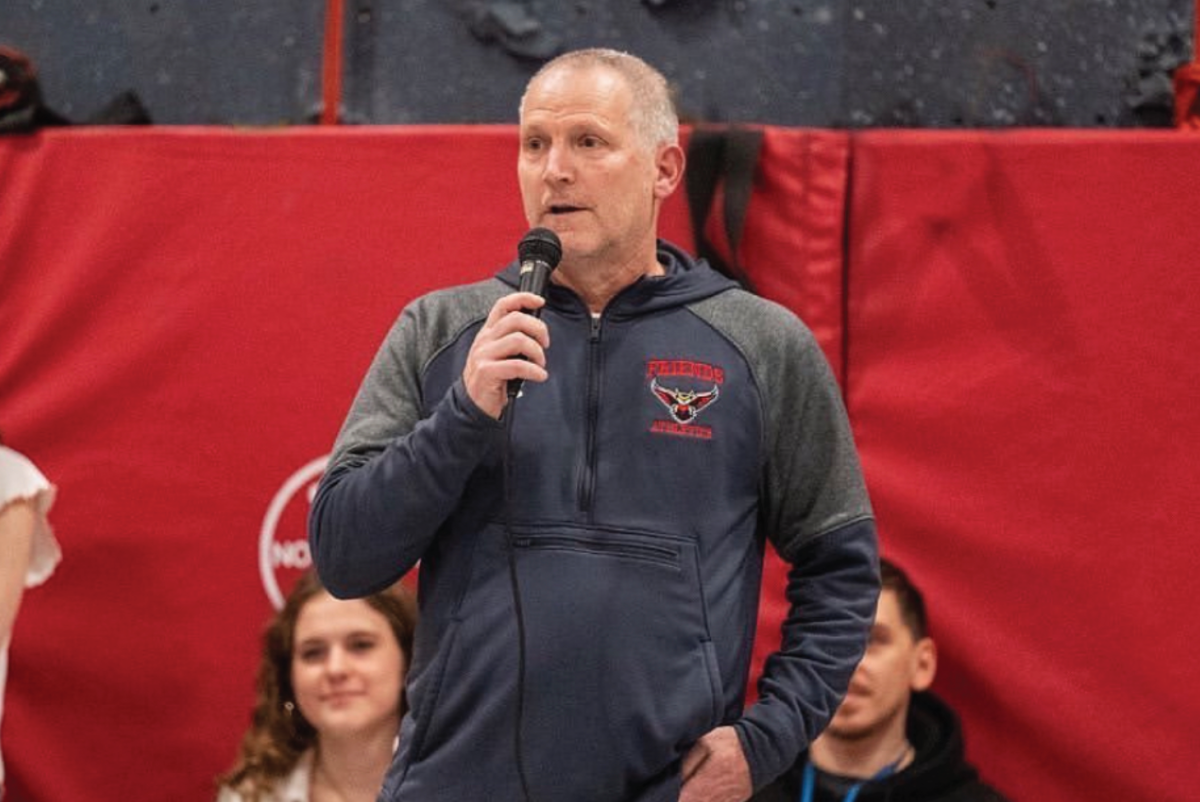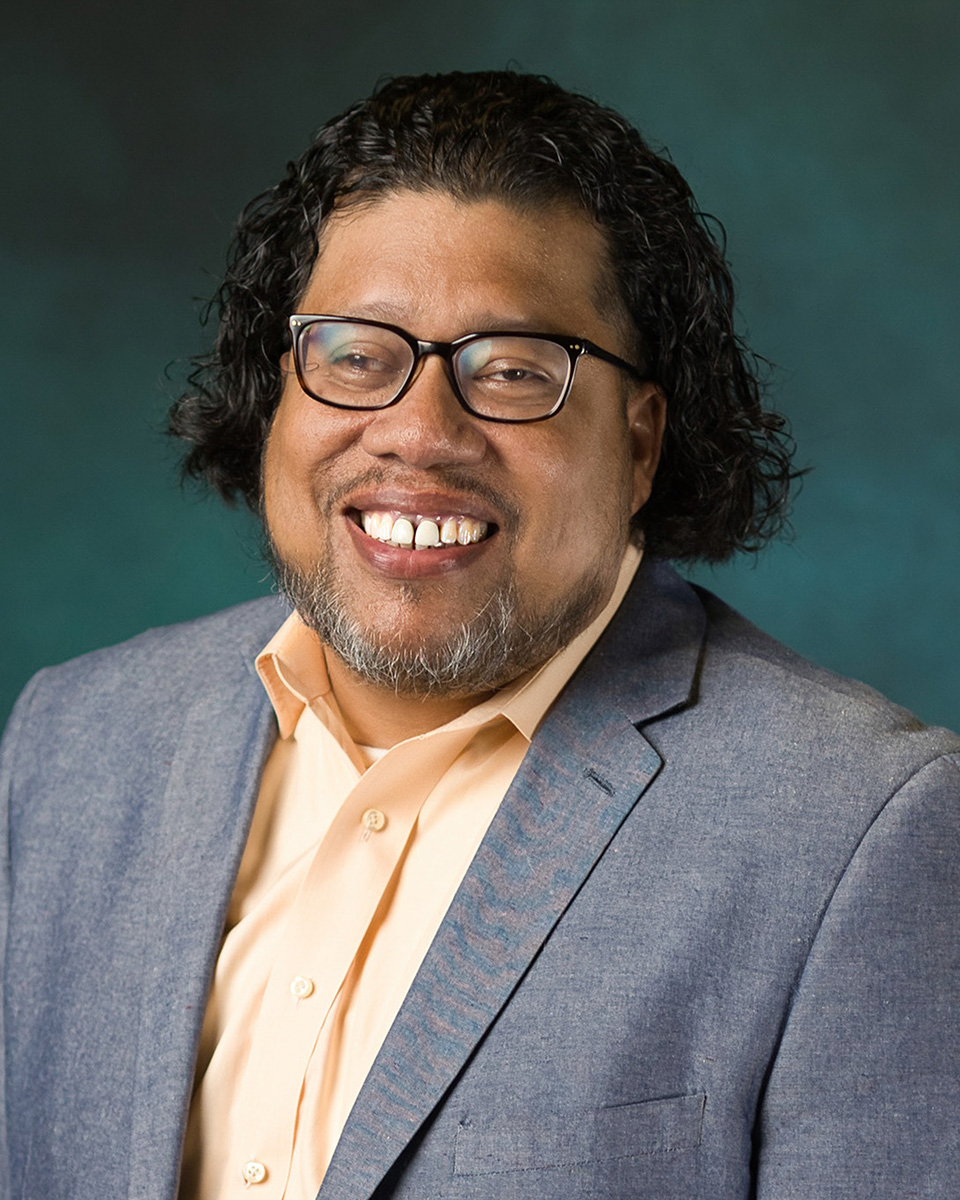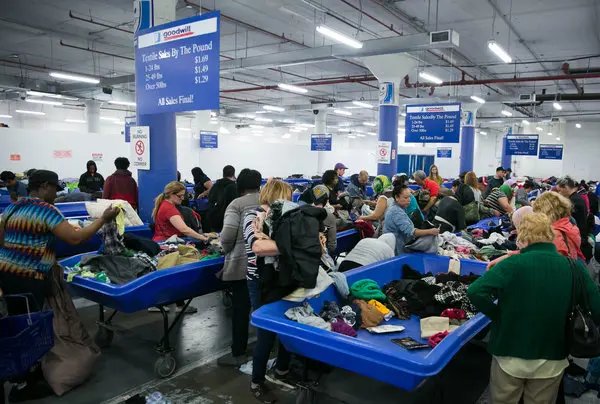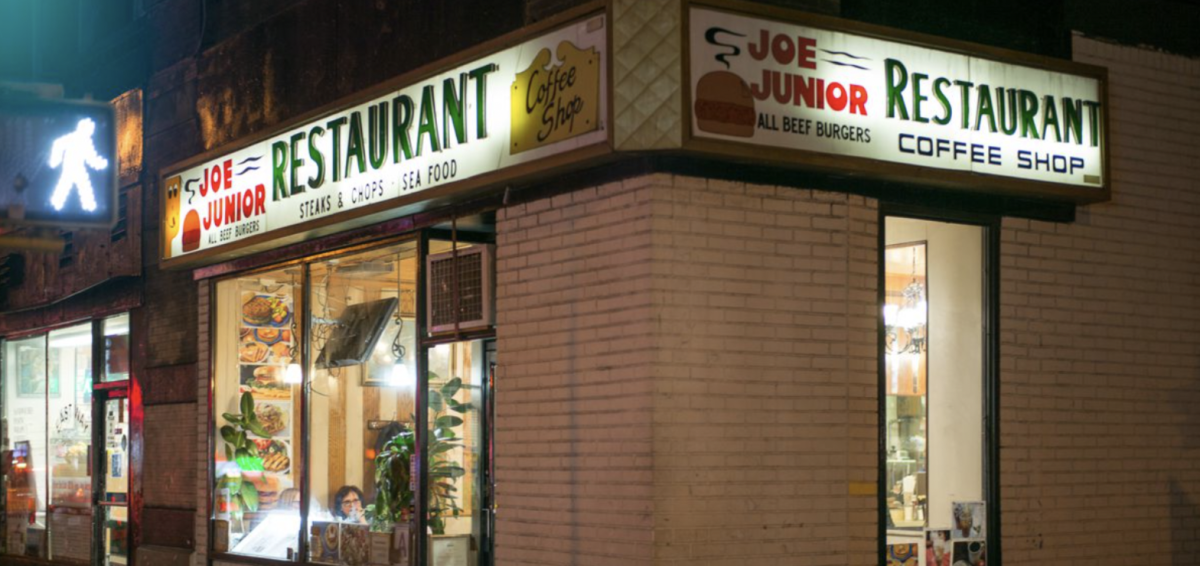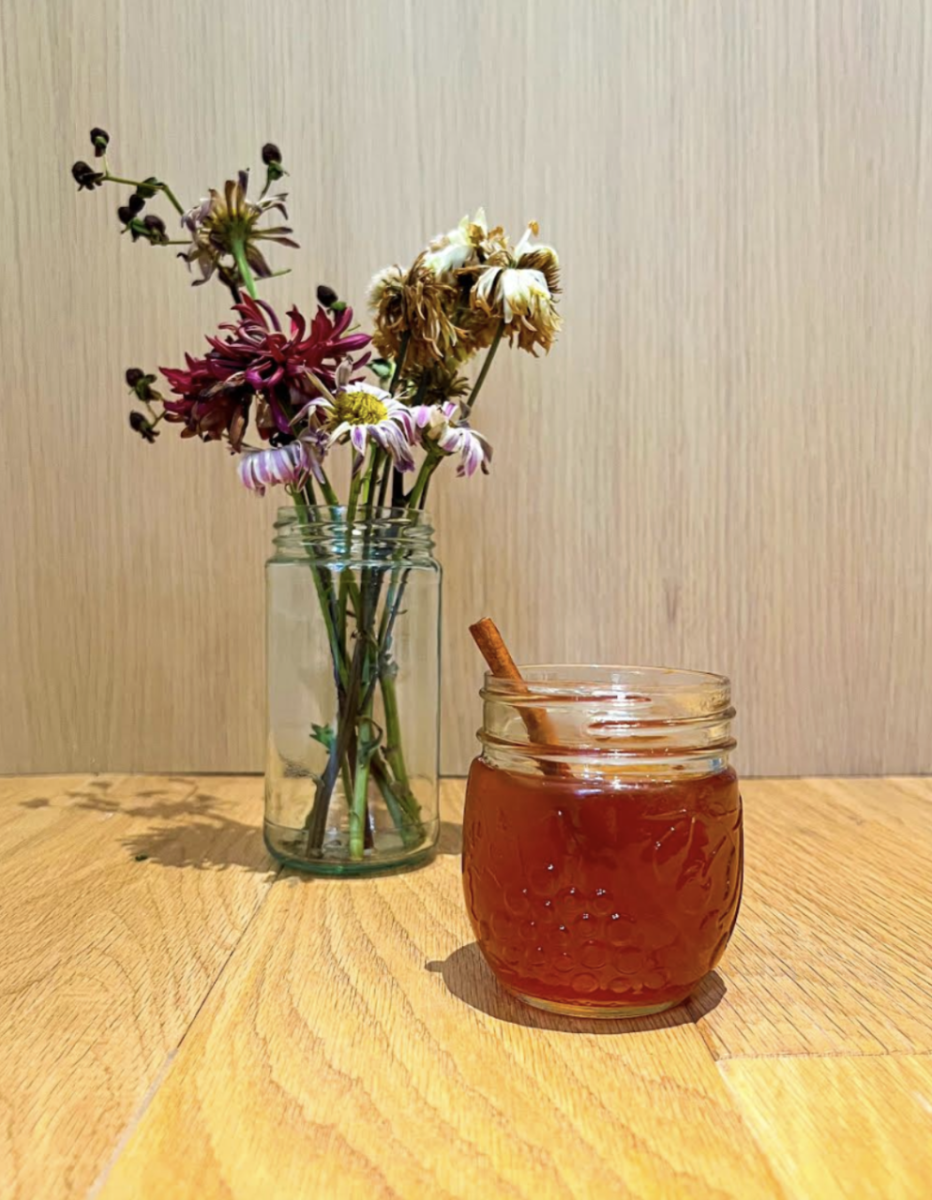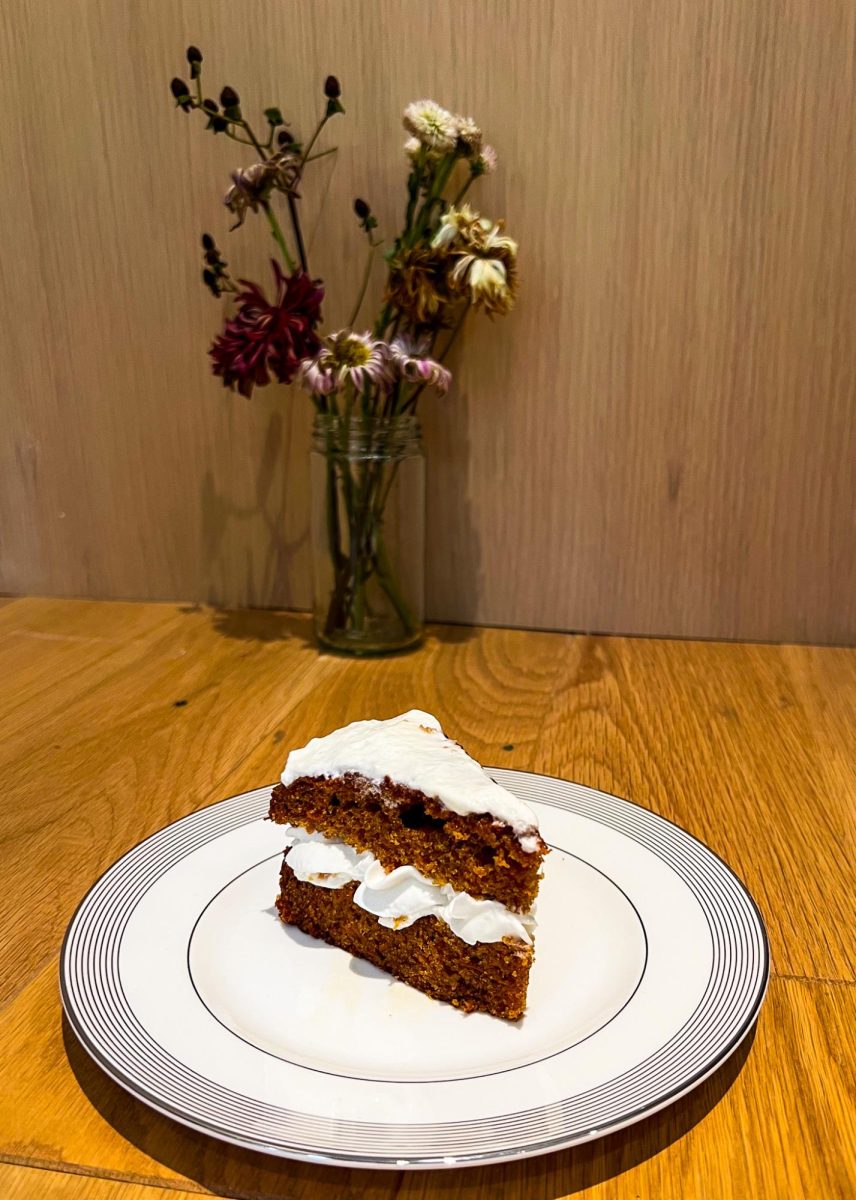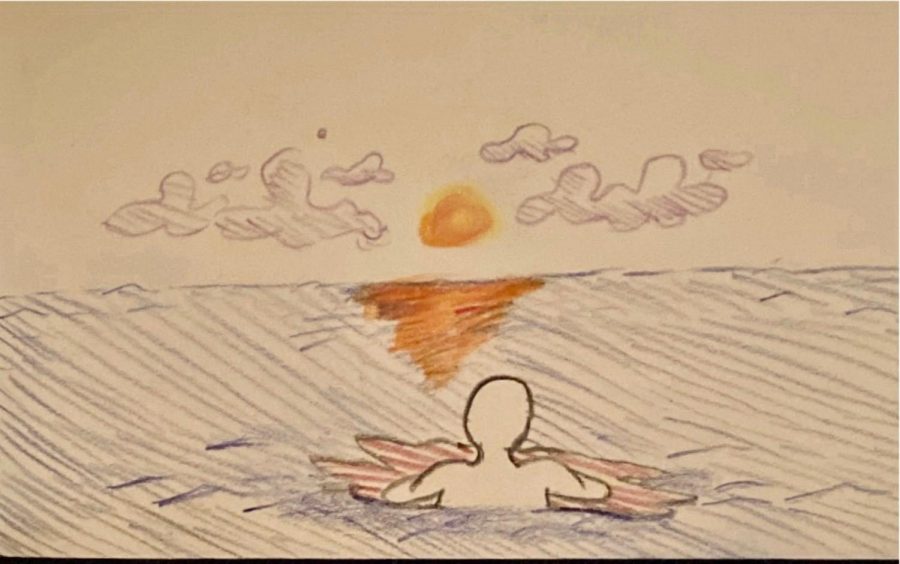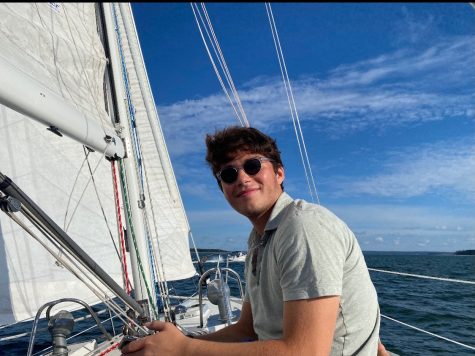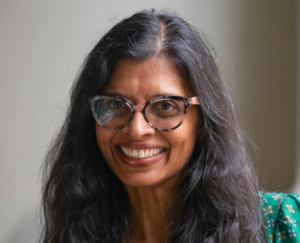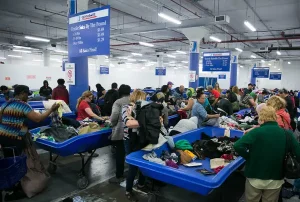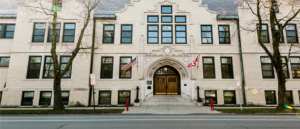Community serves as anchor through pandemic uncertainty
Editor-in-Chief Charles Gorrivan reflects on the challenges and lessons of the past year.
June 5, 2021
As I walked out of my last class of high school, something felt off. “Shouldn’t I be feeling something more right now?” I asked a classmate who had been at Friends her entire life. “I know, right?” she replied. “I honestly feel nothing at all right now.”
I have spent more of my time at Friends online than in person. My junior spring, college process, and tenure as an Editor-in-Chief of this newspaper: online. Conversations during this period have had such a repetitive tone of post-pandemic optimism that they have become circular. As I enter my final days of school, they feel more like the curl at the end of a boomerang throw than the final arc of my high school progression.
I could write more about the pities of my final semesters of high school. I could write about the ways it has disappointed my freshman year visions, back when I looked on seniors as giants and thought with disbelief, “someday that will be me.” But when I become sucked into his tunnel of disappointment, I return to an email from my teacher, Jazz Ensemble Director Bob Rosen, lamenting how our year has ended without the ensemble playing together.
“What a drag that we haven’t played all year,” he wrote. “But it’s hard to justify one’s anger at the whole state of affairs when you look around and see such deprivation and despair resulting from Covid. So much suffering in the world right now. It’s just a troubling time and I do feel bad that your generation is having to experience it this way. But no matter what, ‘life goes on.’ We must stay strong and do everything we can to help each other.”
Looking at the hardships the pandemic has inflicted on others does not diminish our individual experiences, but it offers perspective. It helps us understand our present situations not just because most of us are in positions of relative privilege, but because we are in a community that has done, as Rosen suggested, “everything we can to help each other.”
Rosen’s quote tugs me back to my correspondence with another educator, John Kupetz, who mentored me at a summer journalism program and was a guest speaker in our journalism elective. He teaches at a community college in Lake Country, Illinois, and over the past year, many of his students have worked essential jobs and struggled to participate in his online classes. He reflected on how he has managed the chaos and uncertainty of the past year by alluding to a scene in Herman Melville’s “Moby Dick,” when the ship is crushed by the great whale, and a sailor, Ishmael, scrambles to survive the wreckage of his sinking ship by clinging to the coffin of a harpooner named Queequeg.
“I continue to teach, clinging to that as if it were a lifeboat, much like Ishmael clinging to Queequeg’s coffin,” Kupetz wrote. “Even if the classroom that I love has degenerated into a computer screen.”
As my own sense of normalcy has been crushed with the force of Moby Dick, I have also clung to my routine like Ishmael. It is a routine built by my teachers’ efforts to prepare for class each day, and the energy community members devote to things that might seem small: a weekly email with our schedules or a high school newspaper. It is also a routine shaped by administrators, faculty members, and teachers working in the background, who have allowed us to stay afloat while it has felt like much of the world is sinking.
Our community has been remarkable by not only sticking to this routine but by building upon it. My classmates have been accepted to stellar colleges. Clubs and classes have continued meeting in Zoom rooms and even in person, and we have managed to preserve our school traditions despite enormous setbacks.
On this newspaper, we have managed to create a website, refine our writing and reporting, and create a new journalism elective. My transition to the school is also a testament to our community’s enduring values in times of difficulty. After attending four different high schools, I am grateful to have met some of my closest friends and most influential teachers after entering the Friends community in my Junior year.
While there is much to express gratitude for, I still struggle to reflect on the sum of my high school experiences so soon. Pandemic cases continue to take a massive human toll, political and social questions hang over us, and even though it feels like local communities have started to move forward, we haven’t moved past all of the wreckage yet. We are still caught in the unpredictable flux of the past year. Without closure on the challenges we’ve faced together, it can be difficult to access the feelings we may have experienced at this benchmark in normal years.
Yet, the challenges of the past year do not diminish our time together. They strengthen it. We have not clung to debris like Ishmael, but to our own creations. In the face of future challenges, we can draw on our time together, and we can recall how we held each other up to stay afloat. From this wreckage, we can rebuild.

